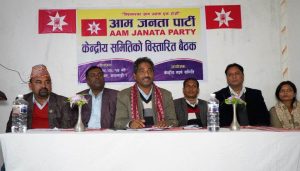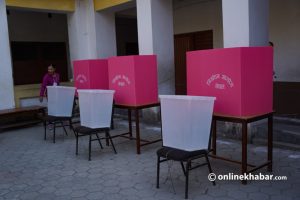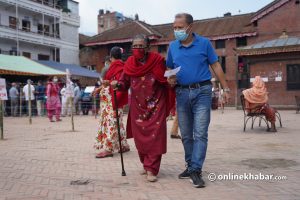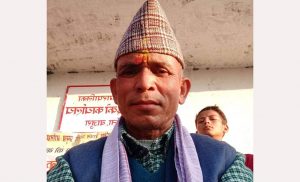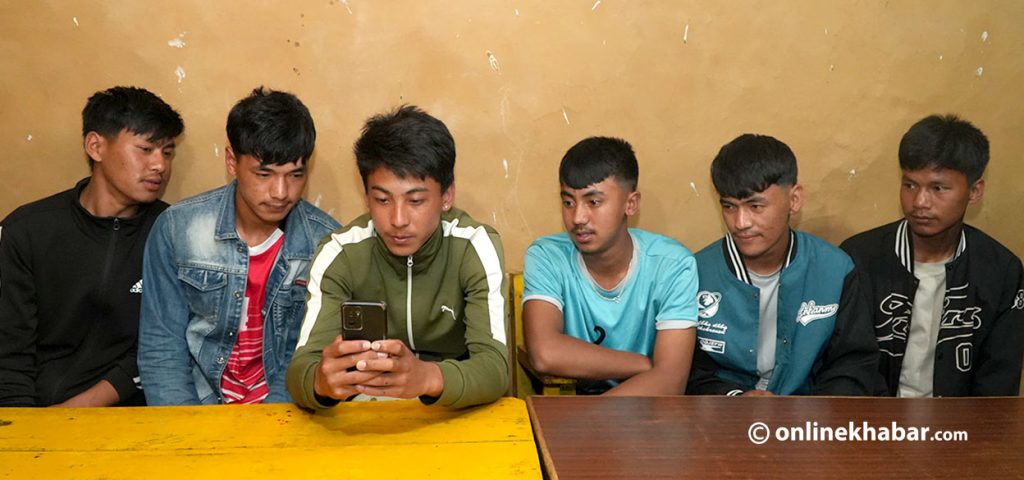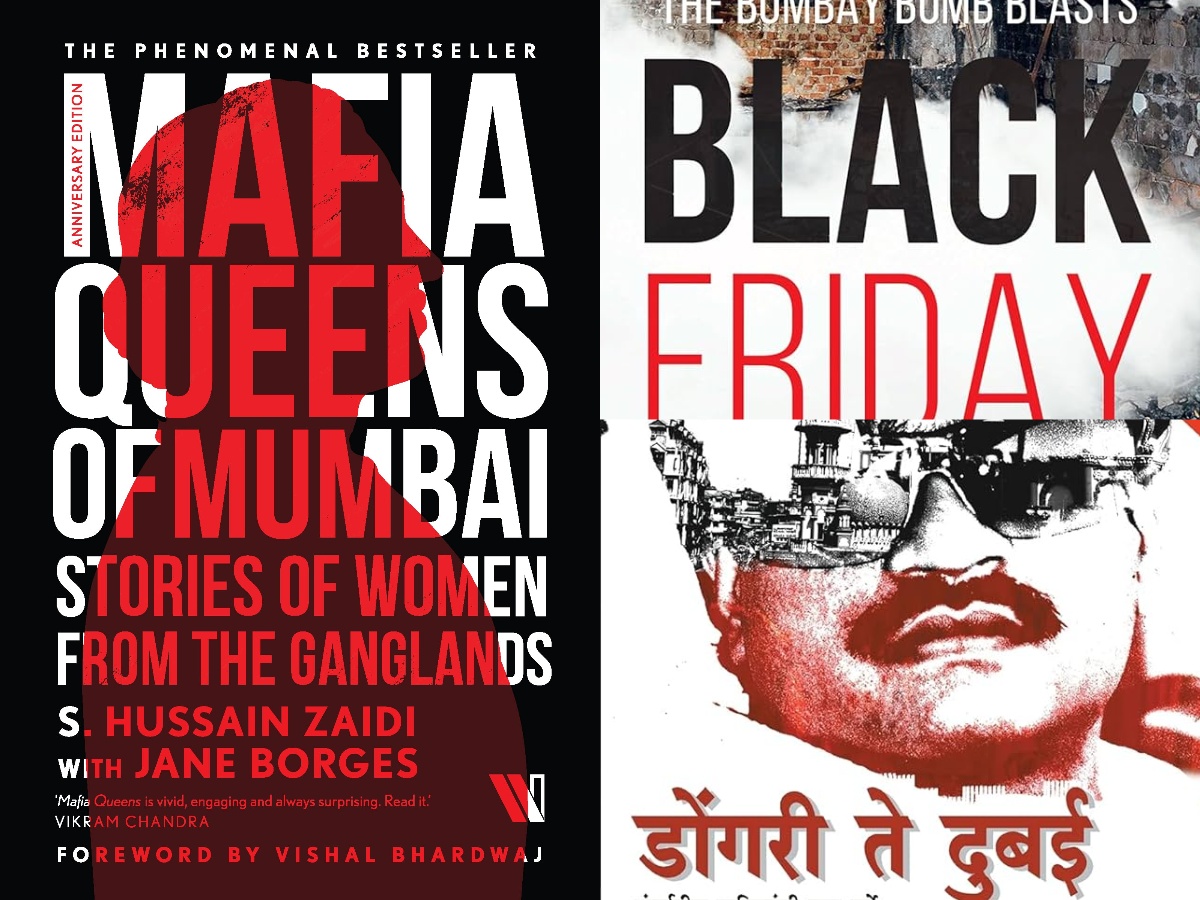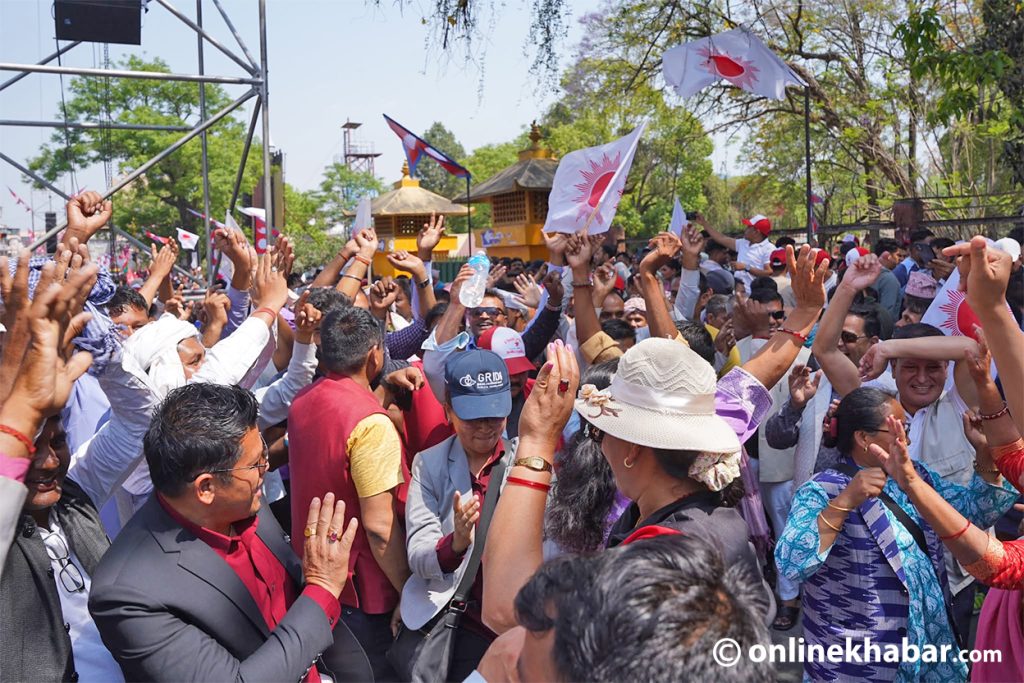
There is no doubt about the rise of social media over recent years. Understanding the change, political parties have been using digital campaigns during the elections, and there are some instances in Nepal also. It has proven more effective to communicate with prospective voters compared to traditional media.
Facebook is the most used social media platform in Nepal with 15.5 million active users, which represents roughly 46 per cent of Nepal’s total population. To put it in perspective, a well-targeted advertisement on Facebook has the potential to reach millions of users without much effort or money spent.
However, there are some crucial concerns as using social media for election campaigns is relatively new in Nepal. While authorities find it challenging to regulate, other stakeholders are curious about the impacts.
Key challenges

The Election Commission of Nepal has set limits for spending on digital advertising to ensure fair competition between candidates in the elections. Accordingly, a sponsored advertisement can reach 60,000 to 70,000 voters in a single day for about $100.
Candidates with access to foreign currency and sufficient funds have an edge over the candidates without these means. Therefore, it is a mammoth challenge to keep track of spending on digital platforms as the country is still trying to adapt to technological transformation and the difficulties that come along with it.
In order to ensure transparency, the commission needs to monitor “ghost” advertisements often used by third parties to support the candidates of their choice. In the recent Indian elections, “ghost” advertisers hid their connection to the Bharatiya Janata Party (BJP), which sparked a controversy pertaining to the code of conduct and integrity of elections.
Another problem with social media campaigns is the threat of misleading information and falsification. Research suggests that false news spreads five times faster than the actual narrative. Since social media platforms are virtually unregulated in comparison to traditional media, there are hurdles in censoring hate speech, smear campaigns and defaming content as well.
Advertisements may sometimes be used to target potential voters of certain communities, geographical areas and specific demography of people. Cases of online harassment and misleading content are almost non-existent at present. However, The commission needs to be well-equipped in future to tackle issues as such.
The future of the socials in elections

The influence of social media on elections will only continue to grow in future. Hence, the nation needs to be well-prepared to keep up with the challenges of digital transformation. Fact-checkers and digital media analysts need to be deployed to monitor the breach of the code of conduct. While it might be entirely impossible to track everything, such an initiative could be a stepping stone towards the right direction.
With candidates diverting so many resources to social media campaigns, understanding how they influence elections and what voters can do to navigate the web wisely is crucial. Barack Obama was arguably the most famous of world leaders who channelised social media on a massive scale and registered a historic victory in the 2008 US elections. A total of 55 per cent of the entire adult population on the internet at the time depended on online sources for election news, which helped him run a successful campaign.
It is also important to keep pressure on political parties and candidates to maintain ethical standards for social media campaigns. It is equally vital to navigate social media wisely as an individual user.




